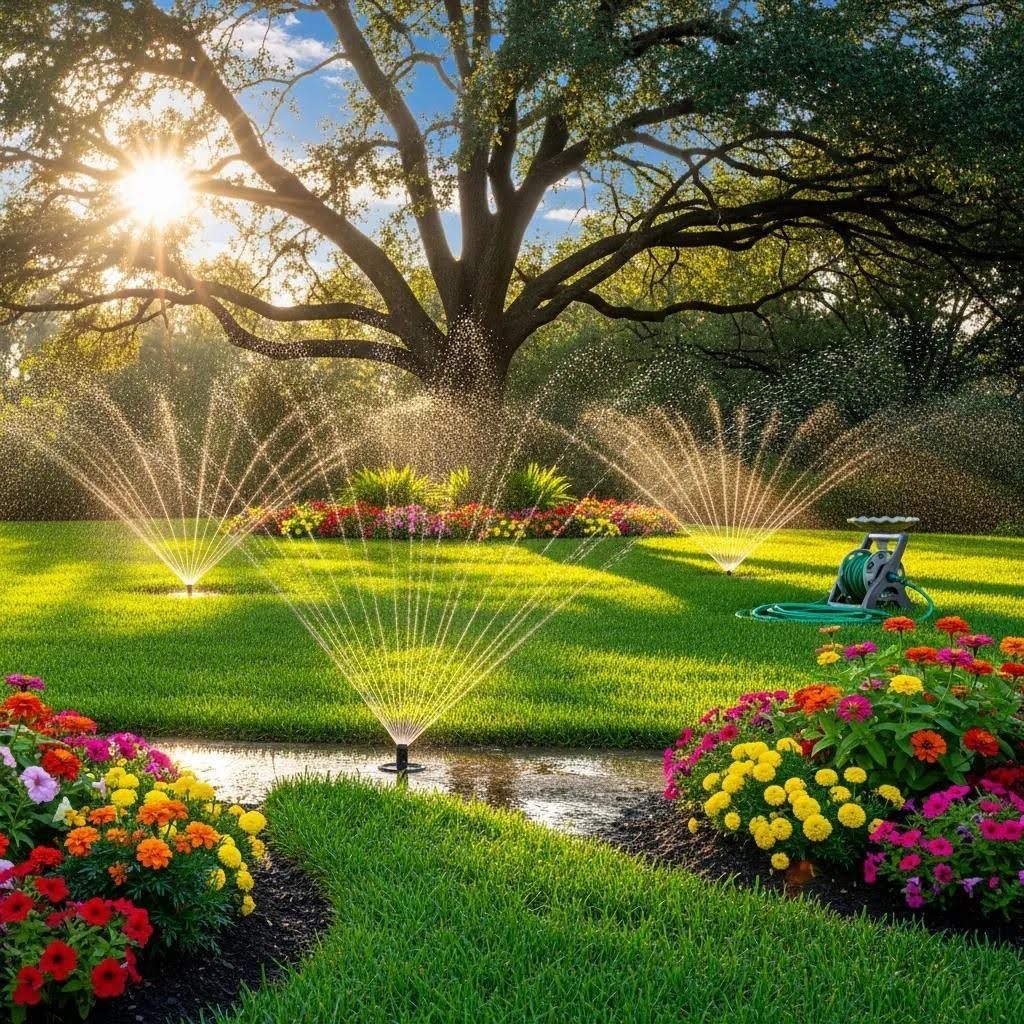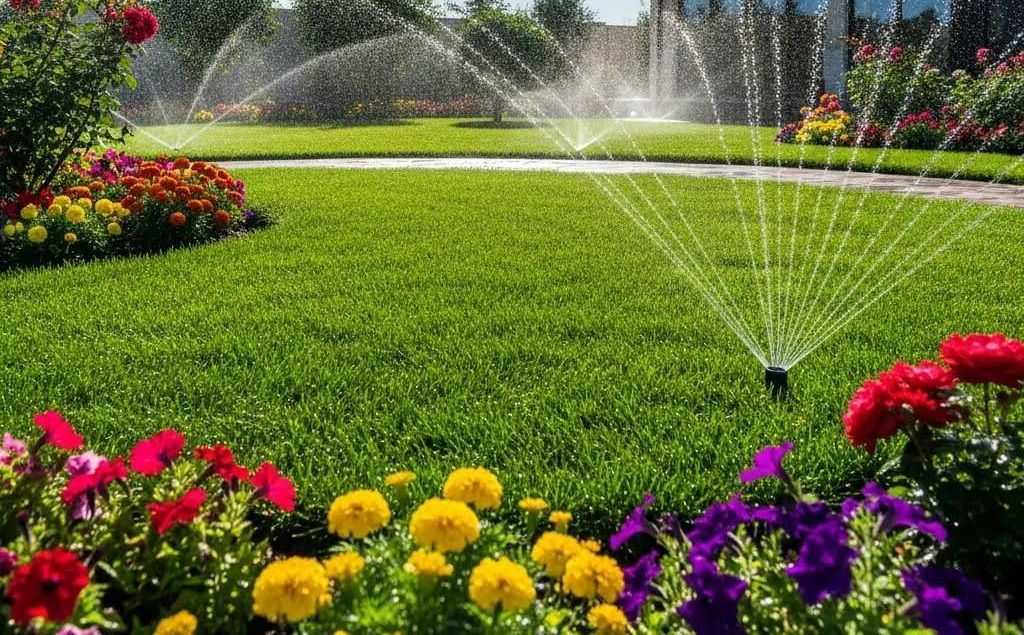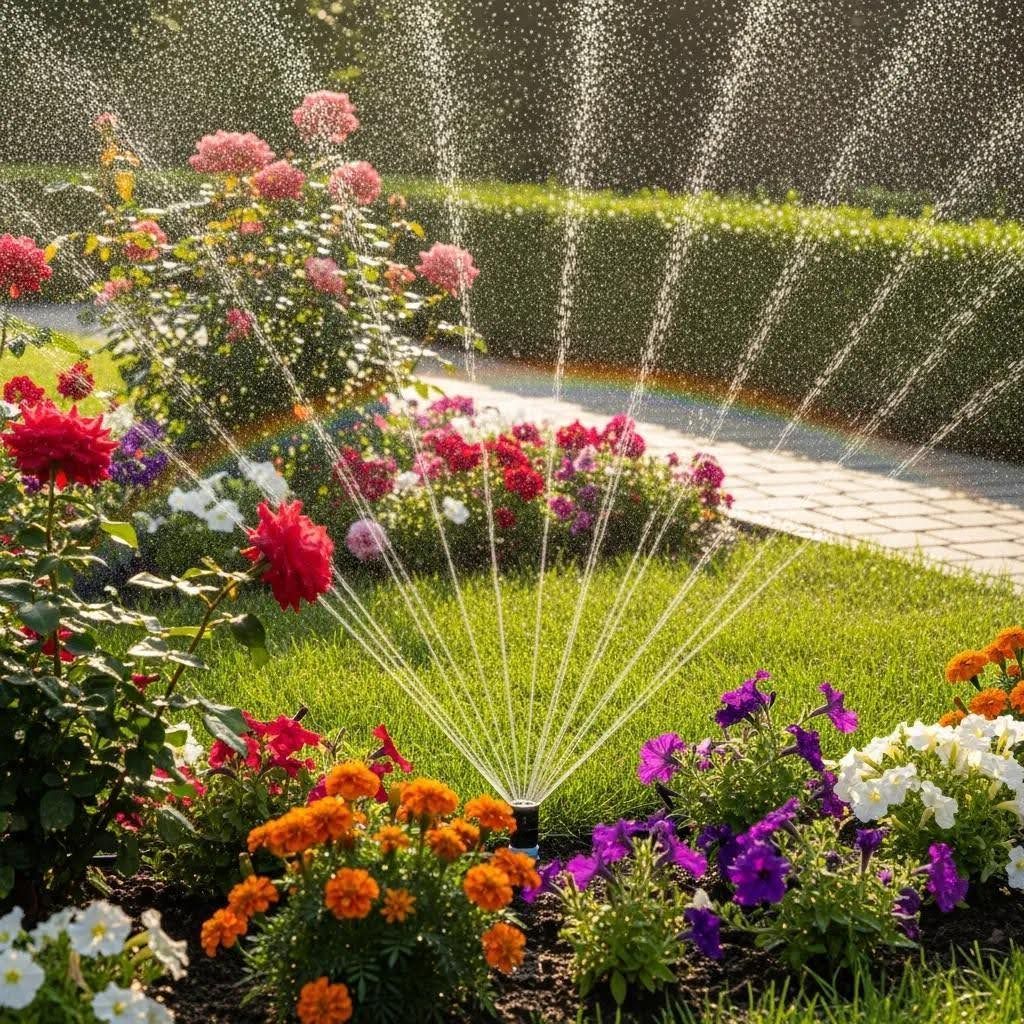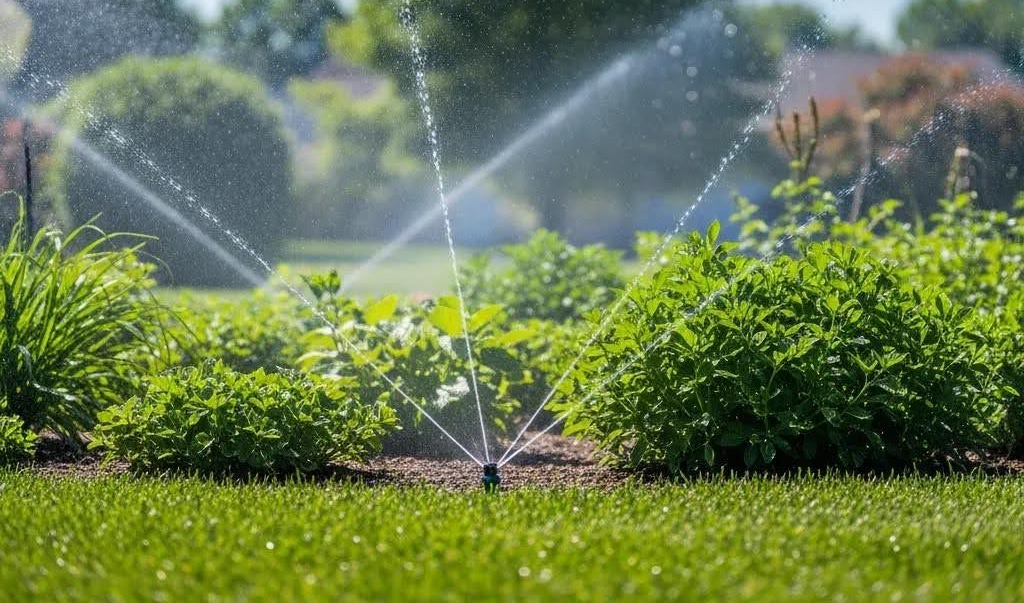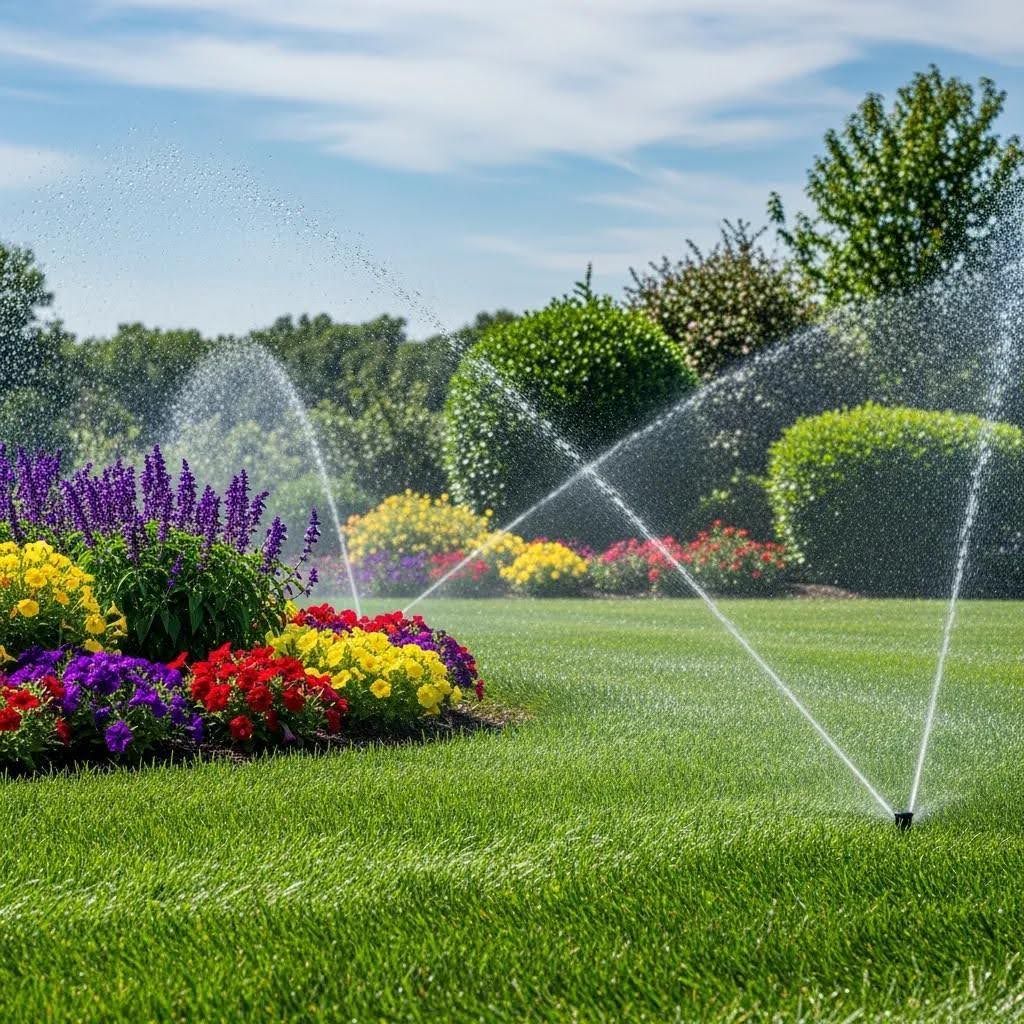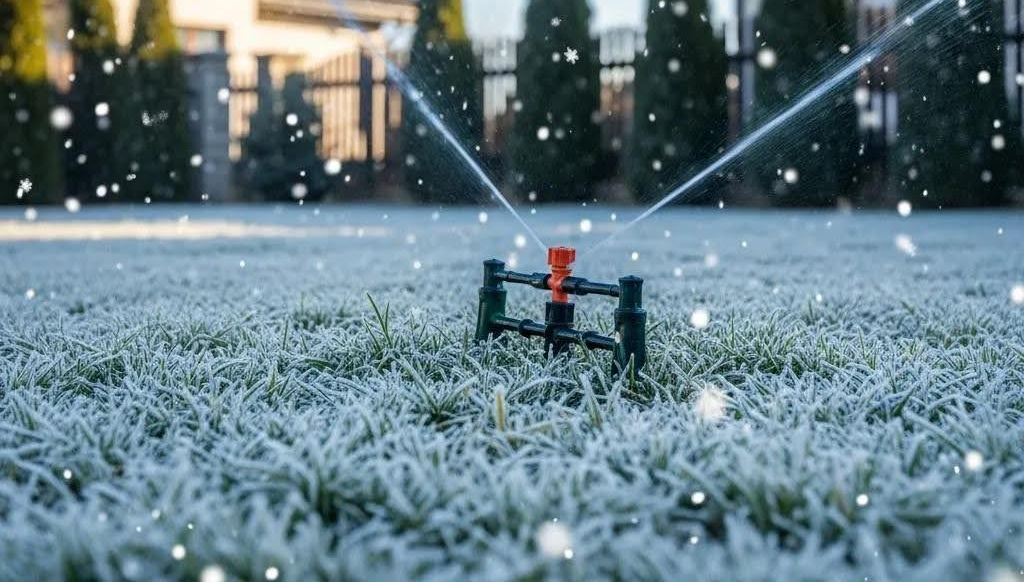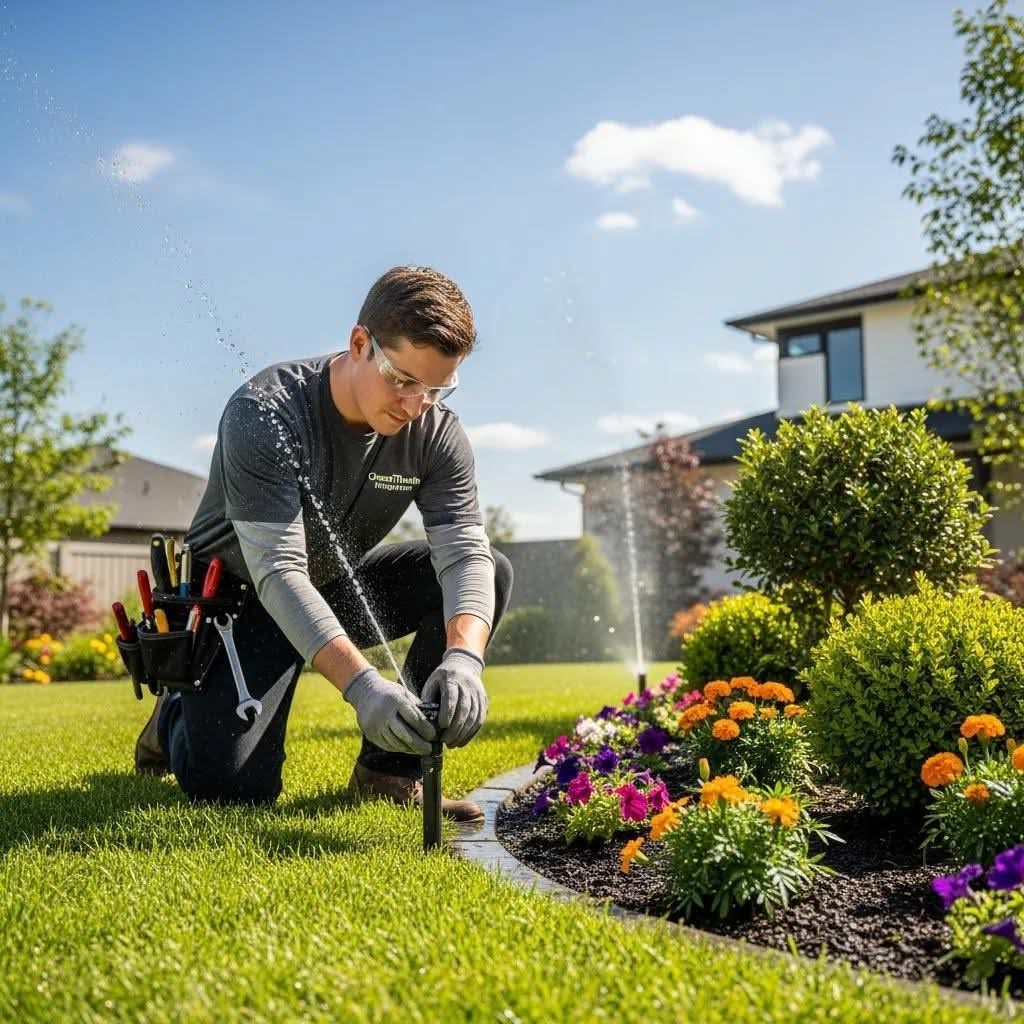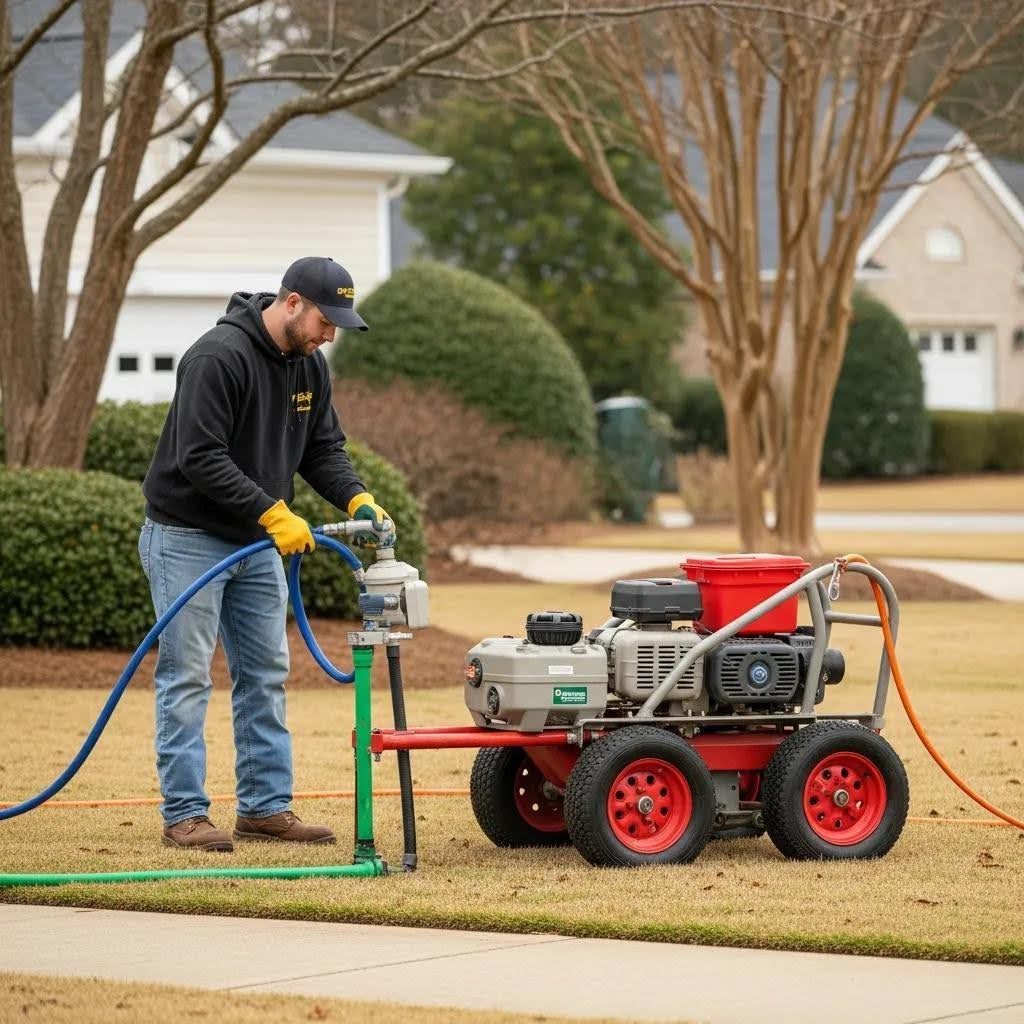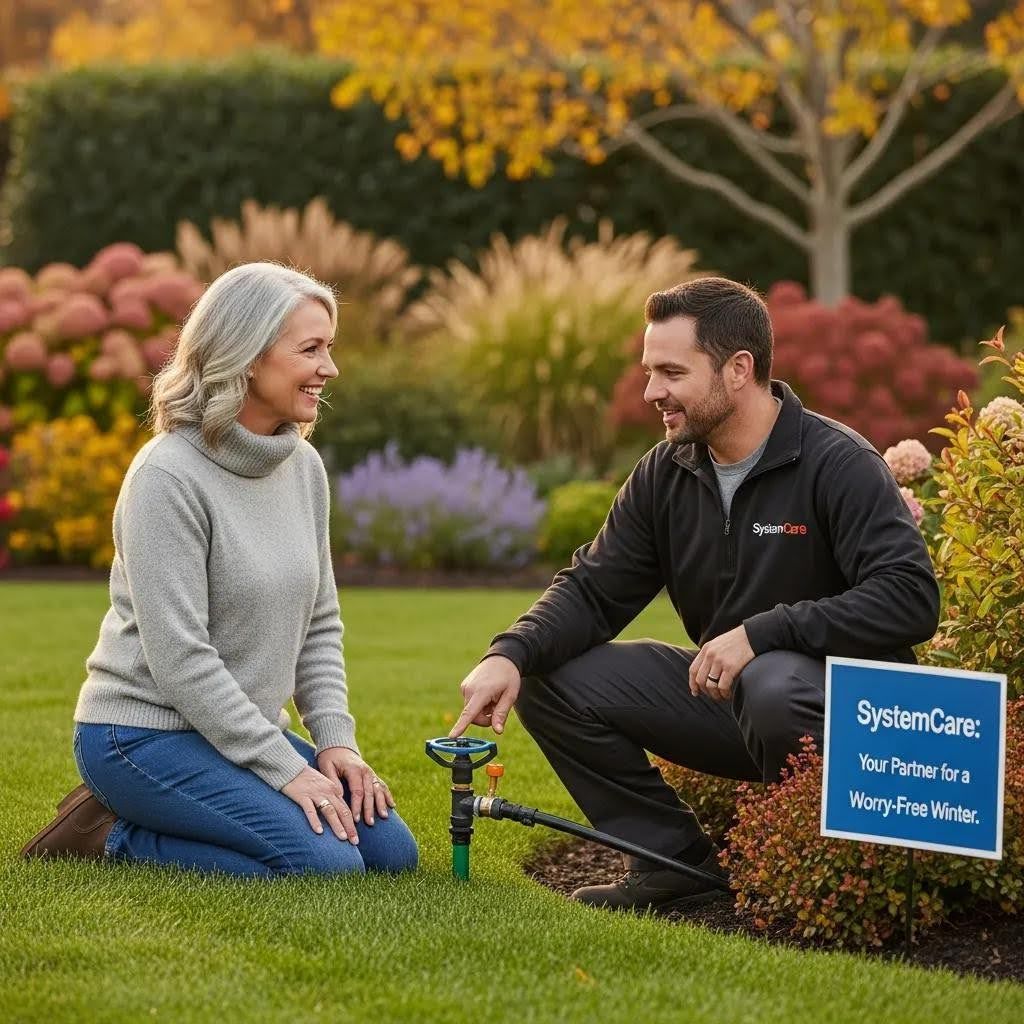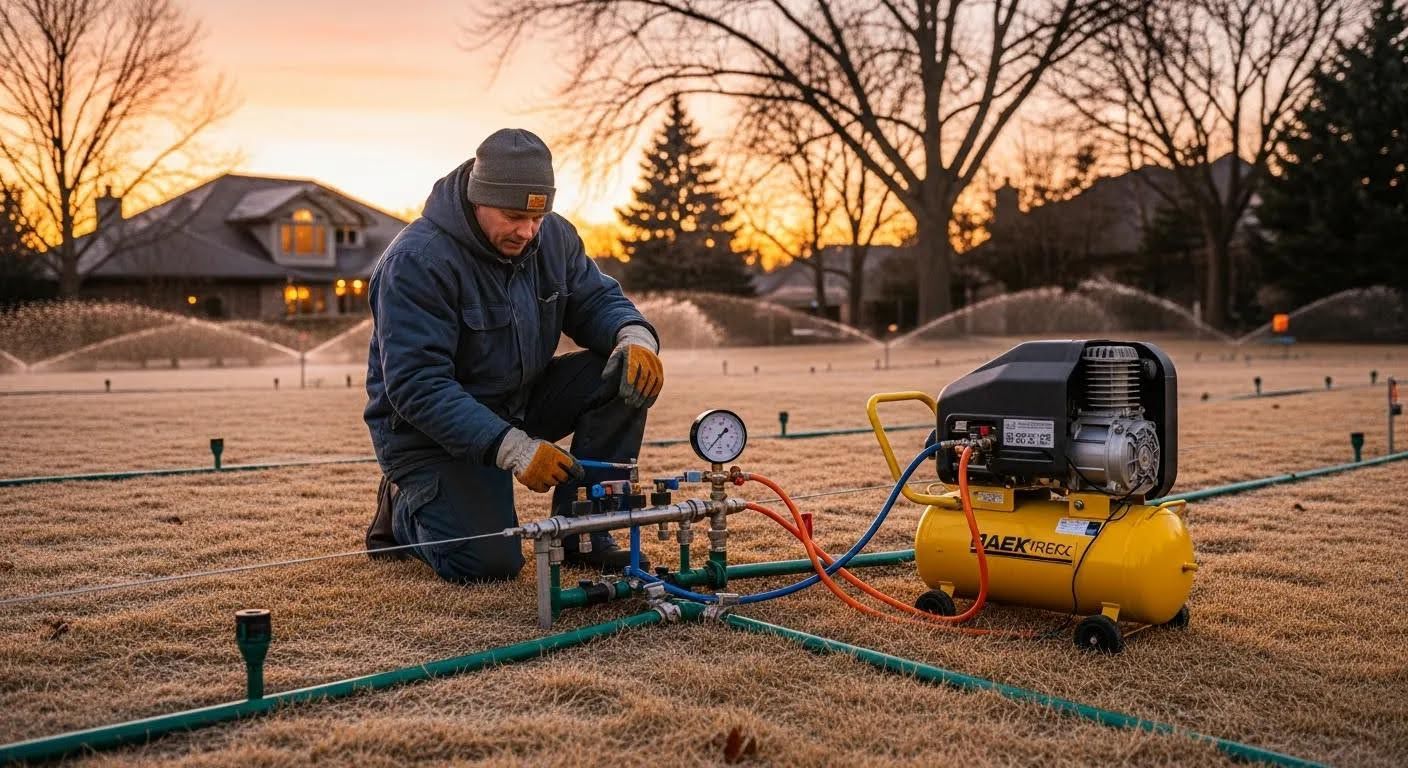What are the signs of poor yard drainage that require a professional grading service?
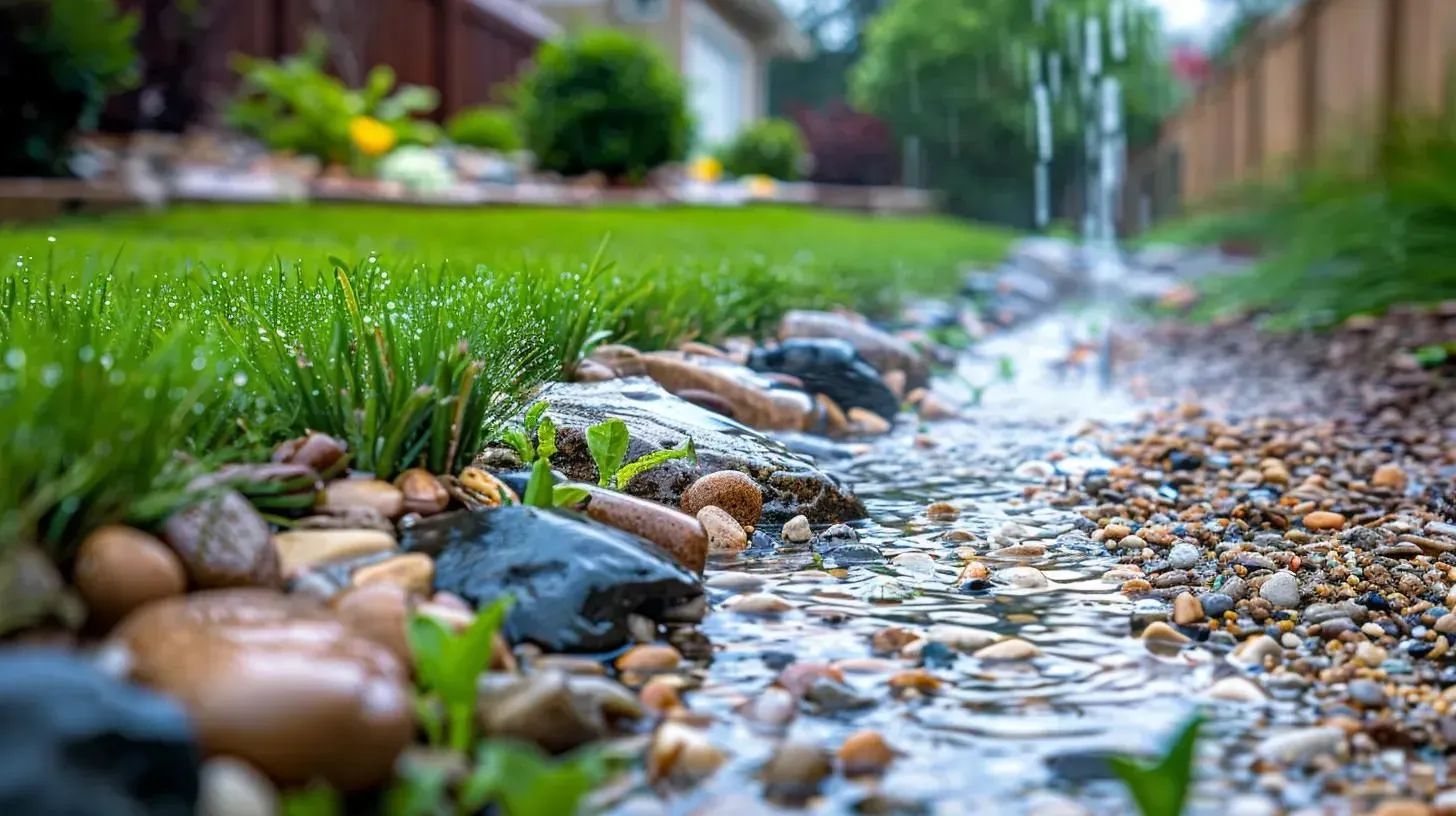
Nothing derails a weekend barbecue faster than puddles where guests should mingle or soggy spots where kids should play. When your backyard turns into a swampy obstacle course, it’s more than a nuisance—it’s a silent threat to your home’s foundation, landscape health, and curb appeal. If you’ve ever noticed water pooling after a light rain, patches of yellow grass, or creeping erosion channels, your yard might be crying out for professional attention. Tackling these issues early with a targeted Grading Service Hampton Roads can restore your landscape’s beauty and protect your property from costly damage.
What are the signs of poor drainage in the yard?
When water can’t flow away naturally, it accumulates in low spots, leaving behind clear warnings. One of the earliest and most obvious indicators is standing water. After even a moderate shower, notice whether puddles linger longer than an hour or two. That persistent moisture suffocates roots, erodes soil structure, and invites pests. Over time, you’ll see soil washing away from plant beds and pathways, forming mini gullies or bare patches where grass once thrived.
Another red flag is soggy turf that stays soft underfoot. If your lawn feels spongy days after rainfall—or worse, after watering—it signals that subsurface drainage is compromised. Clay soils with fine particles exacerbate the problem by binding together, slowing infiltration and trapping moisture.
Finally, inspect your home’s foundation and basement for water stains or damp spots. Any trace of basement water damage, such as efflorescence or musty odors, reveals that surface water is finding its way into places it shouldn’t. Catching these symptoms early means calling in a grading contractor before small annoyances morph into massive repairs.
Why does yard grading matter for your property?
Proper slope and soil composition direct rainwater away from structures, safeguarding both your house and landscape. Without adequate grading, each downpour chips away at foundation walls, weakens retaining structures, and undermines plant health. Think of your yard as a simple hydraulic system: the goal is to channel excess water toward designated drainage inlets—whether that’s a French drain, swale, or dry well—rather than letting it pool aimlessly.
Gradual, consistent grading prevents backyard flooding fix scenarios by creating a seamless transition from high to low elevation points. It also reduces waterlogged zones that attract mosquitoes and fungal pathogens. In areas prone to heavy seasonal rains like Hampton Roads, mastering landscape drainage solutions is essential for both aesthetics and structural integrity.
How do you identify standing water in the yard vs. normal moisture?
Recognizing the line between healthy soil moisture and harmful standing water begins with observation. Normal moisture seeps into the ground within hours, and your grass springs back quickly when pressed. In contrast, standing water in the yard collects in depressions and refuses to drain, even after days of dry weather.
Scan for these telltale signs:
- Patches of yellowed or dead grass surrounded by lush green turf.
- Pools that develop along property edges or near foundation walls.
- Swampy areas that produce squelchy sounds when walked upon.
Persistent moisture invites root rot, suffocates beneficial microorganisms, and compromises soil nutrition cycles. Leaving this unaddressed not only jeopardizes plant life but puts your foundation at risk of cracks and leaks.
What causes soggy lawn issues and how can grading help?
Soggy lawn issues often stem from compacted soil, poor soil composition, or inadequate slope. Compacted subsoil prevents water infiltration, while high clay content holds onto water like a sponge. Improper yard grading can funnel rain toward low-lying zones, exacerbating waterlogging.
A professional yard regrading adjusts the soil profile to create a gentle, consistent slope—usually a 2% grade away from the home. This involves redistributing existing soil, importing quality topsoil, and sometimes adding sand or organic amendment layers to break up dense clay. By reshaping the terrain and enhancing infiltration, grading transforms an oversaturated lawn into a resilient, well-draining landscape.
How do landscape drainage solutions complement grading?
Grading sets the stage, but drainage systems ensure water has a clear exit path. Combining grading with solutions such as French drains, catch basins, and channel drains solves the problem at both macro and micro levels.
French drains, for example, consist of perforated pipes surrounded by gravel and landscape fabric, buried along the slope to intercept subsurface water. Swales—shallow, vegetated channels—direct surface runoff toward retention areas or storm drains. Dry wells, buried sumps filled with stone, collect water from downspouts and let it percolate back into the ground.
Implementing these elements in harmony with proper grading creates a fail-safe network that tackles both standing surface water and hidden subsurface saturation.
When is basement water damage a sign of grading problems?
Spotting basement water damage—cracked walls, damp floors, or mold growth—often points back to poor yard drainage. If rainwater pools beside your foundation, hydrostatic pressure builds until leaks appear through joints and cracks. Early indicators include efflorescence (white mineral deposits) along the walls and a musty, mildew smell in corners.
Before you invest in interior waterproofing, inspect your yard’s slope. If the ground tilts toward the house or if gutters and downspouts discharge too close to the foundation, a professional grading service can redirect water flow and drastically reduce hydrostatic pressure.
How does yard erosion expose deeper problems?
Erosion doesn’t just wash away topsoil; it reveals underlying grading flaws. When rainwater cascades down steep runs or channels, it carves into the landscape, exposing roots and undermining plant beds. You might notice:
- Bare swaths where grass and mulch have washed away.
- Exposed tree roots along slopes.
- Small trenches that deepen with each rain event.
Unchecked erosion accelerates land loss, compromising walkways, patios, and fences. By hiring experts in Yard drainage issues Hampton Roads, you ensure soils are stabilized with proper grading, erosion control fabrics, and strategically placed retaining walls or terraces.
How to find the right grading contractor near me
Choosing a reputable grading contractor near me involves more than an online search. Look for companies with:
- Proven experience in local soil types and rainfall patterns.
- Certifications from the National Association of Landscape Professionals or similar bodies.
- Transparent quoting and a detailed scope of work.
Ask prospective contractors about the equipment they use—laser-guided grading lasers ensure precise slopes—and request client references. A capable team will perform soil tests, evaluate vegetation impacts, and provide a long-term maintenance plan.
What should you expect during a professional yard regrading?
A streamlined grading project usually unfolds in three phases:
- Site evaluation and design: Technicians measure elevations, soil percolation rates, and existing drainage features.
- Earthmoving and shaping: Heavy machinery redistributes soil, installs amendments, and sculpts swales or slopes.
- Drainage installations and finish grading: Pipes, gravel, and landscape fabrics are laid, then covered with topsoil and seed or sod.
Throughout, clear communication and regular progress updates keep you informed. By the end, your property will have a consistent slope away from structures, healthy soil layers, and integrated drainage systems ready for any storm.
Frequently Asked Questions
What causes standing water in my yard after light rain?
Standing water usually results from poor soil infiltration or negative grading that channels rain toward low spots rather than away. Compacted clay soils, clogged gutters, and blocked downspouts can also trap moisture in certain areas.
Can I fix yard drainage issues myself?
Minor low spots can be corrected by adding topsoil and reseeding, but larger slope adjustments, subsurface drainage systems, and erosion control are best handled by professionals to ensure lasting results.
How much does professional yard regrading cost in Hampton Roads?
Costs vary by project size, soil conditions, and required drainage solutions. On average, expect $1,000 to $5,000 for typical residential lots. An on-site evaluation provides the most accurate estimate.
Will regrading affect my existing landscaping?
A reputable contractor will assess tree and plant locations, protect specimens during earthmoving, and offer a restoration plan—often including fresh mulch, new sod, or native groundcovers to blend functionality with beauty.
How long does a grading service take to complete?
Small properties can be graded in 1–2 days, while larger or more complex jobs may take up to a week. Weather delays and custom drainage installations can extend timelines slightly.
Conclusion
Ignoring poor drainage signs like standing water, soggy lawn issues, or basement water damage can lead to escalating repairs and landscape deterioration. Investing in a
Grading Service Hampton Roads ensures consistent slopes, effective landscape drainage solutions, and long-term protection for your home’s foundation. When you partner withHampton Roads Irrigation & Landscape, you gain a team that blends local expertise with industry-leading techniques to deliver durable results and renewed peace of mind. Ready to transform your property?Contact us today and let our professionals craft the ideal balance between function and curb appeal.
